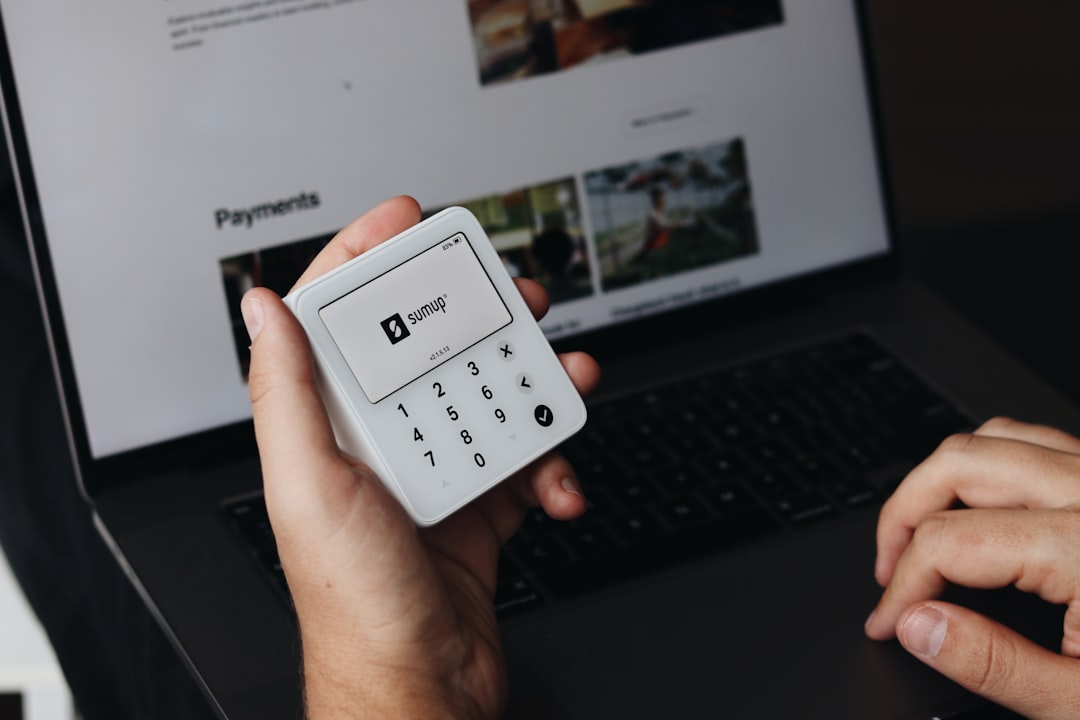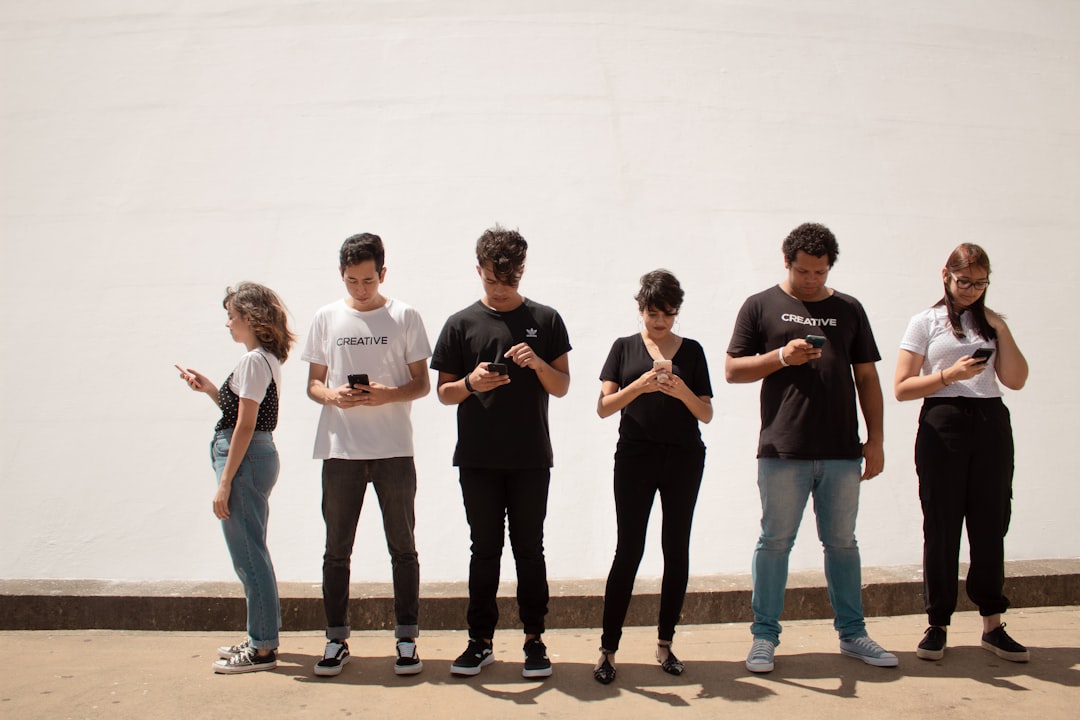Intrusive robocalls have become a major problem in Charleston, SC, overwhelming residents and businesses with unwanted telemarketing calls due to evolving technology making blocking difficult. This crisis demands state-level legislative action to protect citizens and deter violators. Robocall attorneys in South Carolina advocate for stricter measures like explicit consent and call origin verification. State regulations include strict do-not-call lists, compelling call identification, and penalties for violators, empowering consumers to report offenders and hold them accountable. These specialized attorneys play a vital role in protecting Charleston residents from illegal robocall marketing and harassment practices.
In the age of relentless digital communication, Charleston, like many cities, faces an escalating robocall problem. This intrusive phenomenon not only disrupts daily life but also poses significant challenges for consumers and businesses alike. To combat this issue, state legislation plays a pivotal role in shaping the regulatory landscape. This article delves into South Carolina’s robust approach to tackling robocalls, exploring key provisions, the power of state action, and the essential role a robocall attorney plays in navigating this complex legal terrain within the Palmetto State.
Understanding the Robocall Problem in Charleston, South Carolina

In Charleston, South Carolina, the issue of robocalls has become a growing concern for residents and businesses alike. Robocalls, automated phone calls that often promote products or services and can be extremely intrusive, have been on the rise across the nation, including this coastal city. Many Charlestonians find themselves bombarded with unwanted calls daily, making it difficult to distinguish legitimate communications from pesky automatons. This has led to a demand for effective solutions, prompting many to seek help from robocall attorneys in South Carolina who specialize in navigating these complex issues.
The problem is exacerbated by the fact that robocall technology is constantly evolving, allowing scammers and telemarketers to bypass traditional blocking methods. As a result, Charleston residents are left with little recourse, leading to frustration and a need for stronger legislative action. State legislation plays a pivotal role in addressing this crisis, as it can implement regulations that not only protect citizens but also deter violators, potentially reducing the volume of robocalls received by Charlestonians.
The Power of State Legislation to Combat Robocalls

In the ongoing battle against intrusive and unwanted robocalls, state legislation plays a pivotal role in protecting consumers in South Carolina. Unlike federal regulations, which often provide a broader framework, state laws offer tailored solutions to address the specific needs and challenges of each region. Robocall attorneys in South Carolina have been instrumental in advocating for stricter measures to curb these nuisance calls.
The power of state legislation lies in its ability to implement targeted restrictions on automated telemarketing practices. Through innovative legislation, states can require robocallers to obtain explicit consent from recipients before initiating calls, significantly reducing the volume of unwanted communications. Furthermore, state laws can mandate robust verification processes for call origin, enabling easier identification and accountability of rogue robocall operations. Such localized efforts complement federal initiatives, ensuring a comprehensive approach to mitigating the impact of robocalls on South Carolina residents.
Key Provisions and Strategies of South Carolina's Robocall Laws

South Carolina’s approach to tackling robocalls involves a blend of stringent regulations and consumer protection measures. The state’s robocall attorney plays a pivotal role in navigating these laws, ensuring businesses comply while offering relief to residents plagued by unwanted calls. Key provisions include strict do-not-call lists, compelling call identification requirements, and penalties for violators. Businesses must obtain explicit consent before initiating automated calls, with significant fines levied for non-compliance.
Additionally, South Carolina law empowers consumers to report robocalls, leading to aggressive enforcement actions by the state attorney general’s office. These strategies not only deter abusive calling practices but also equip robocall attorneys with legal tools to hold offenders accountable. By combining robust legislation and consumer empowerment, South Carolina aims to create a more peaceful environment for its residents, making it a model for other states looking to combat the escalating problem of robocalls.
The Role of a Robocall Attorney in Navigating South Carolina's Legal Landscape

In the ongoing battle against intrusive robocalls, a robocall attorney in South Carolina plays a pivotal role in navigating the state’s legal landscape. These attorneys specialize in representing clients who have been harmed by automated phone calls, whether due to unlawful marketing practices, harassment, or other violations of telephone consumer protection laws. They are equipped with in-depth knowledge of South Carolina’s regulations and can guide individuals through complex legal processes, ensuring their rights are protected.
A robocall attorney in South Carolina helps clients understand their options, which may include filing complaints, seeking damages, or even negotiating settlements with the culprits behind the robocalls. By leveraging their expertise, these attorneys can help put an end to unwanted and illegal calls, providing much-needed relief for residents of Charleston and beyond.






